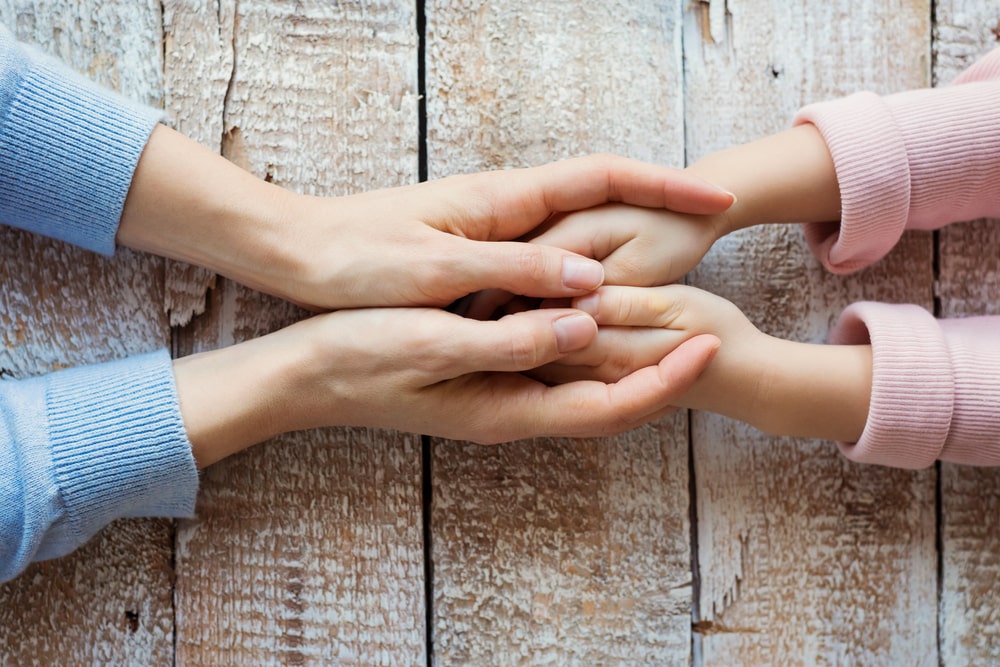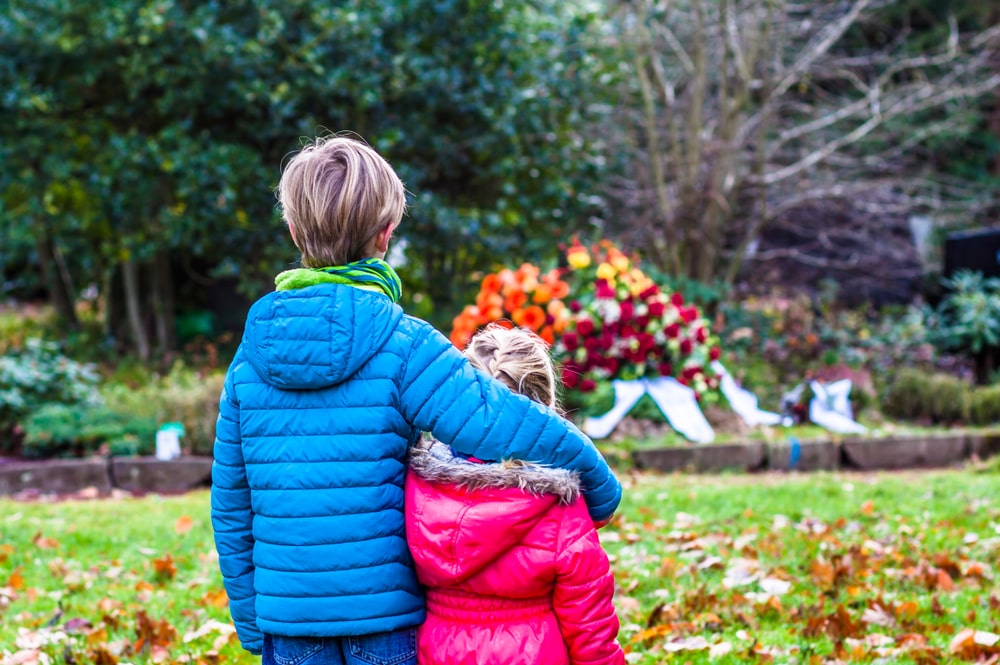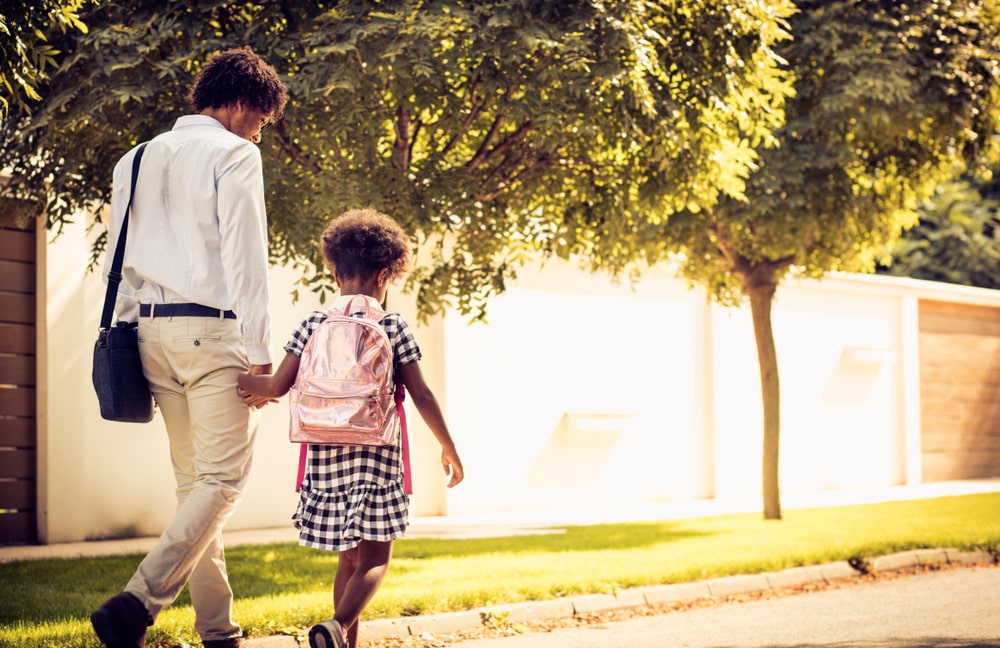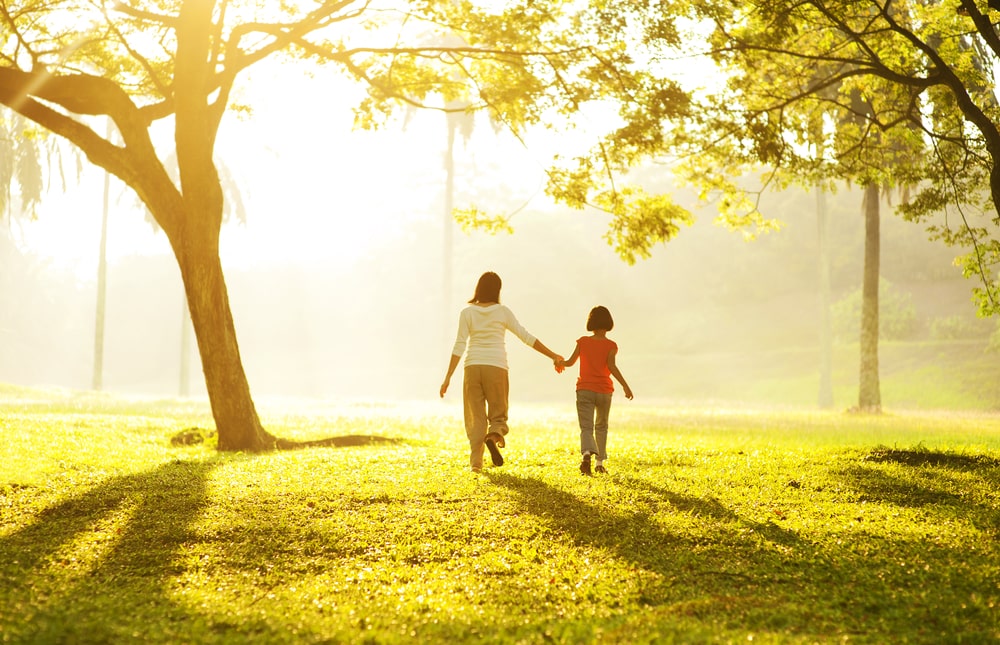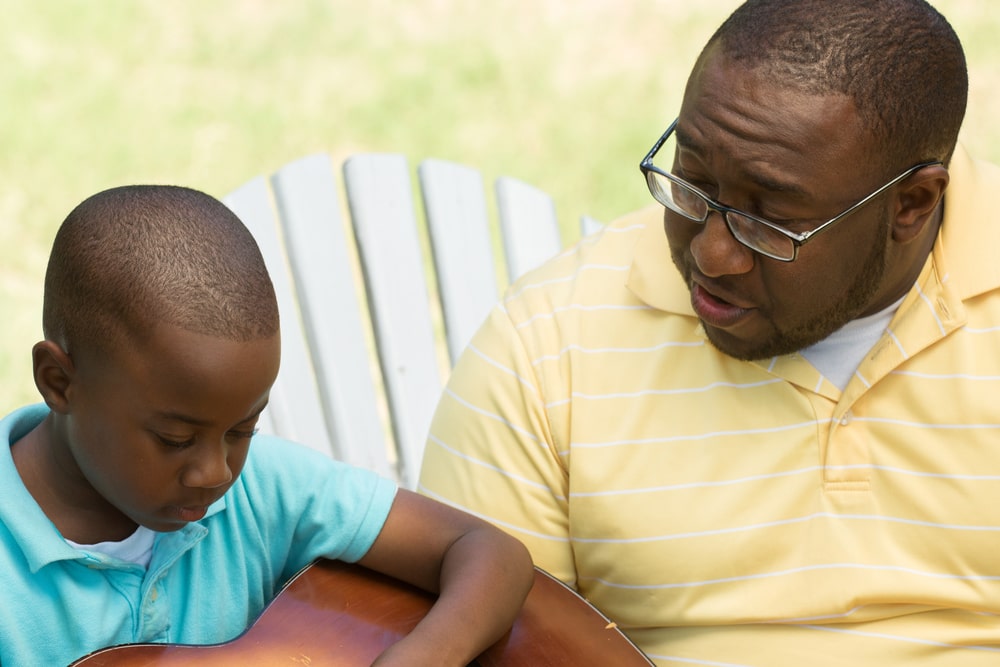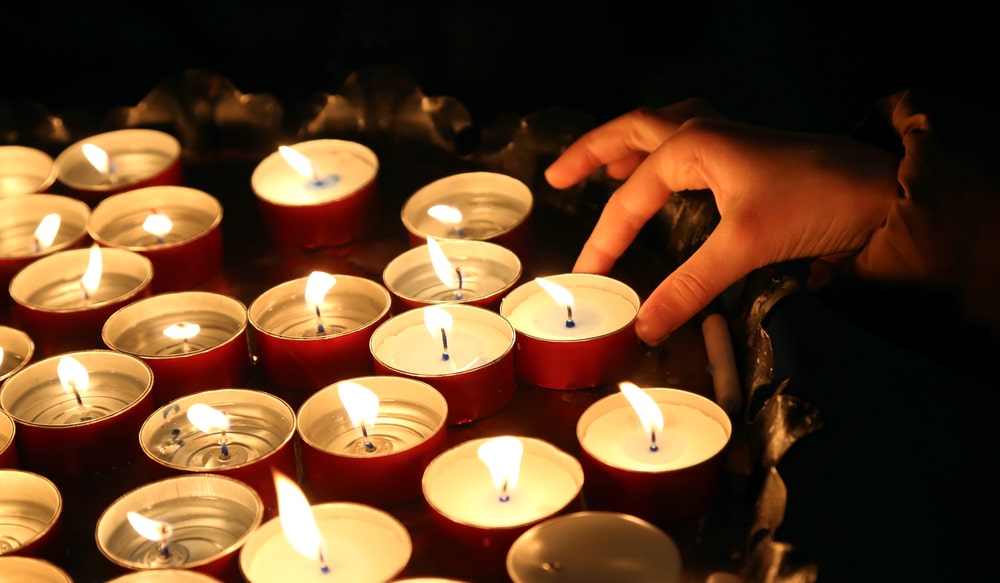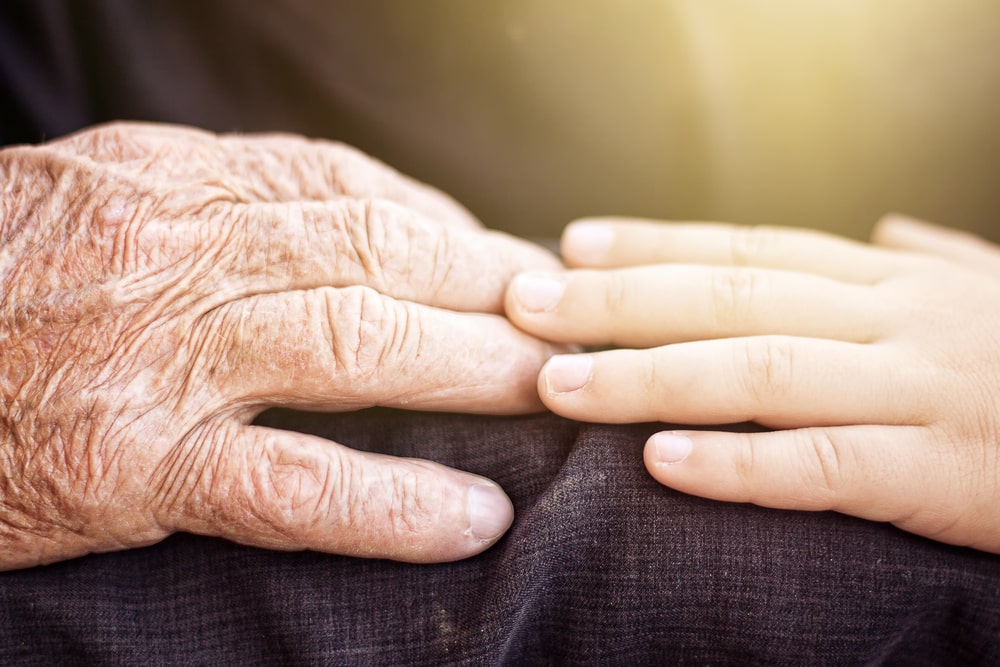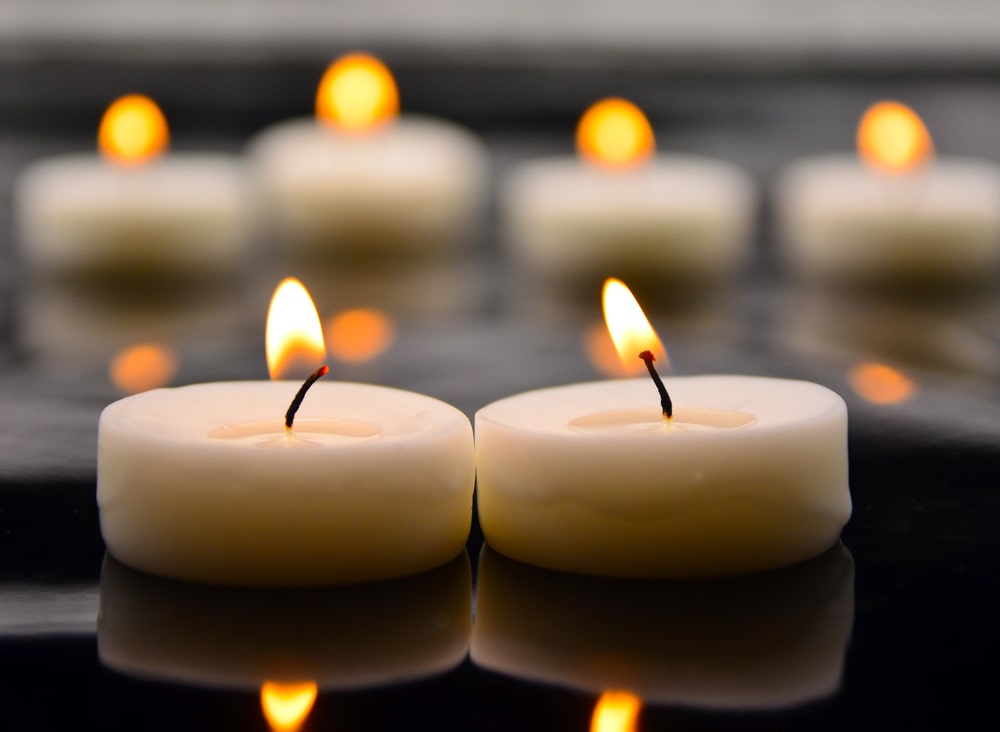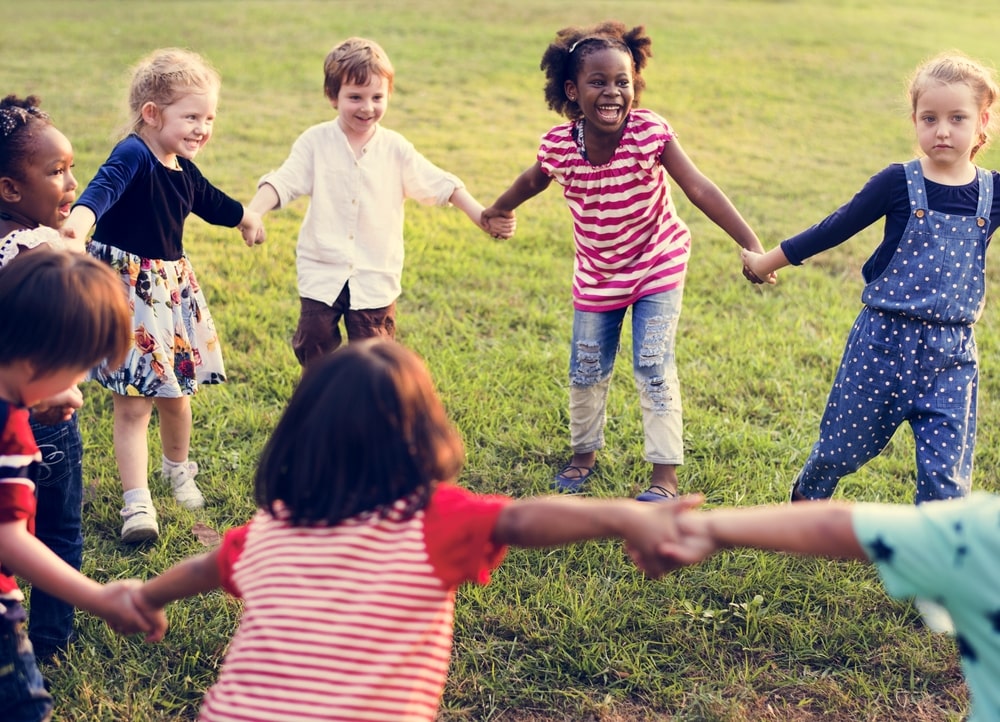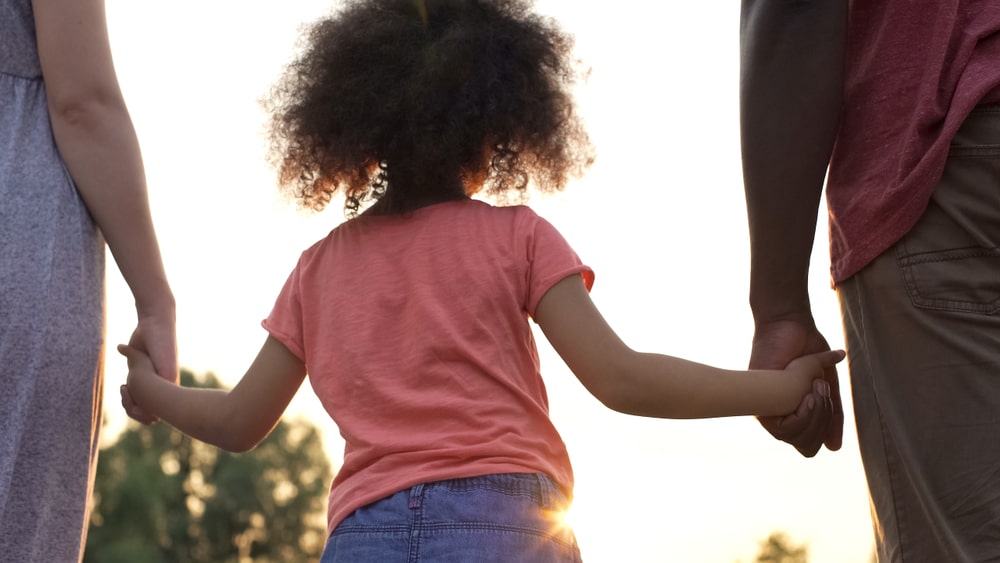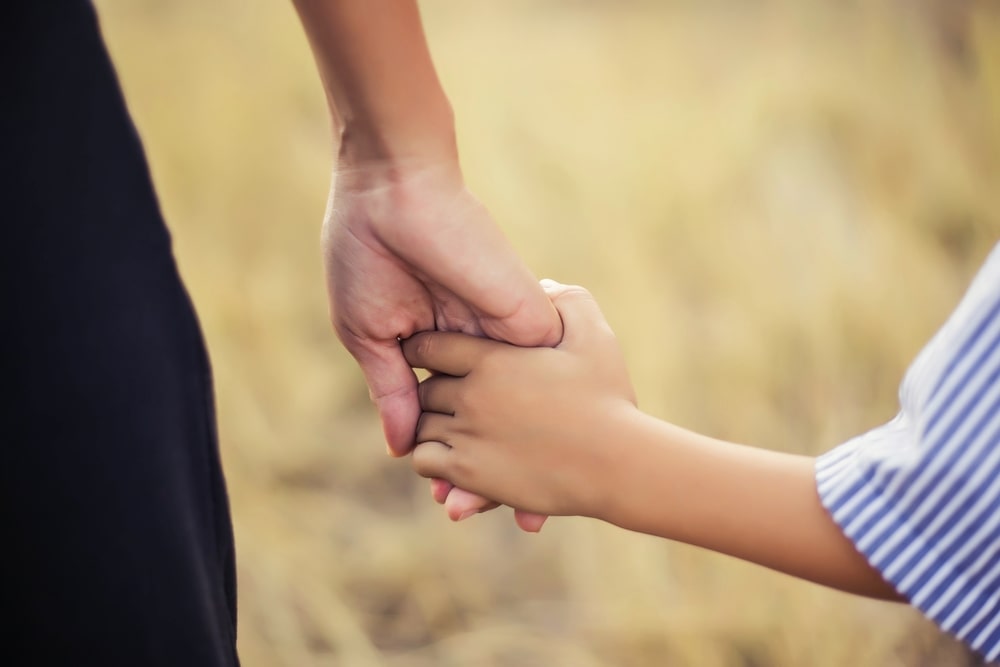
Most of us dearly love our children and want to protect them from the difficult parts of life. But understanding that a funeral is a rite of passage and an important part of the grieving process is an important lesson to learn. Whether or not your child attends a funeral is entirely up to you. For many children, attending a funeral actually helps them move forward in their own grief process. However, as Dr. Kenneth Doka states, “One of the questions oft asked is whether, or at what age, children should attend funerals. The truth is that I am not the person to ask – ask the child!”
It’s important to determine whether your child is ready and to give them a choice. Forcing them to attend is usually not very successful, but you also don’t want to assume they wouldn’t want to go. Just like adults, children need an opportunity to say goodbye, so giving them a choice and preparing them ahead of time are important factors to consider.

The Funeral’s Purpose
Before making a decision, explain what a funeral is to your child. Having never attended one, they won’t know its purpose. Use simple, but truthful, answers. For example, “Remember I told you that Nana died? The funeral is a time for everyone – all of her friends and family – to sit and talk together and to remember her and share stories about her. All of us miss her, and at the funeral, we talk about what we liked about her and what we will miss about her. What do you remember about Nana? What will you miss about her?”
Breaking it down helps your child get an idea of what the funeral is so they can make an informed decision about whether to go or not. Don’t go into too much detail – keep it age appropriate and strive to use words that won’t scare them.
9 Tips for Helping Kids Through a Funeral
If your child decides to attend the funeral, it’s important to make sure they have the support they need. Remember, this is a completely new experience for them. Just as you sought to make the first day of school as easy and seamless as possible, do the same for a funeral. Talk through it and help them know what to expect.
Prepare them in advance
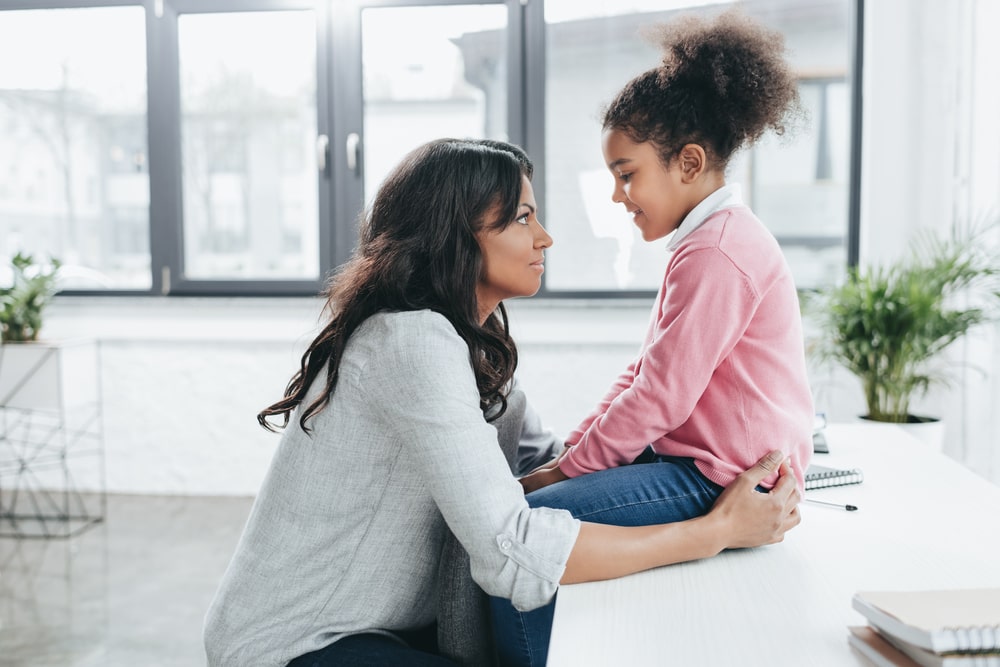
Just as adults feel more comfortable and better prepared when they know what to expect with a new experience, children do, too. Go through the process step by step. Discuss what your child will see (pews, religious symbols, flowers, casket, urn, the body of the deceased, black clothing, etc.). You don’t have to talk about everything at once – do it in small doses. The point is to put any anxiety to rest and prepare your child for a new experience. For more help with discussion topics, click here.
Explain what death is
Our natural desire is to protect our children from what we think could be harmful. Death is something each of us must come to understand, and it’s best for your child that the information come from you, their parent. Take your child’s age and maturity into account before having the discussion. Young children (under age 7) will understand basic concepts while an older child is able to understand more complexities. But in general, help them understand the physical aspect of death – the person’s body doesn’t work anymore, and they no longer need it. Depending on your spiritual beliefs, you can talk about what happens to the person’s soul after death. Be clear and simple, using the words dead and died. It’s better not to use euphemisms – your child needs to understand the reality. They will learn societal nuances later.
Let them know that their feelings are okay
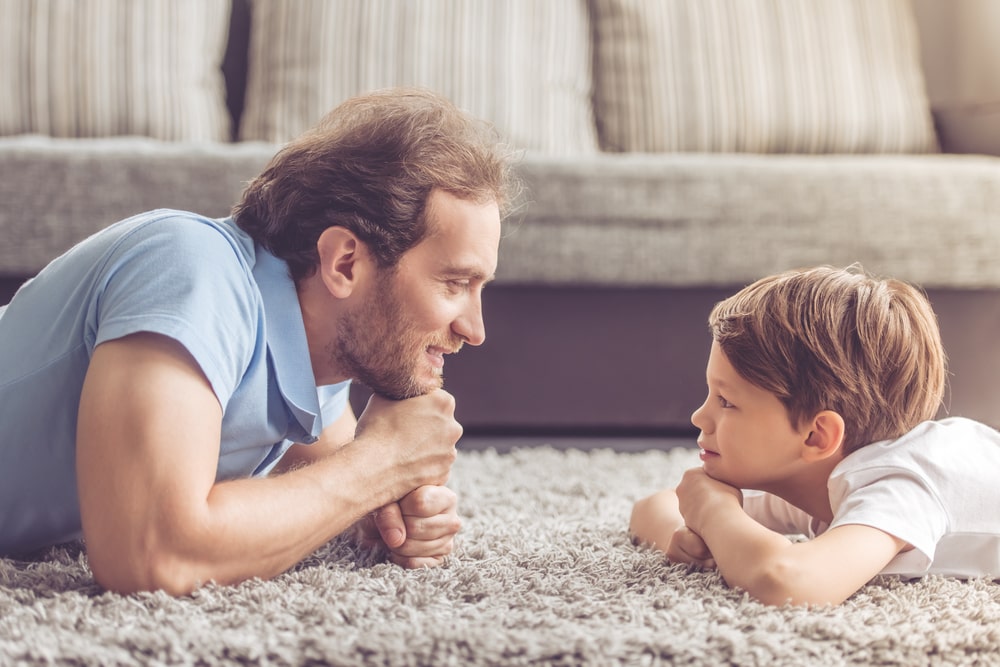
Explain to your child that they will see a wide variety of emotions at the funeral. Many people will be sad, and that’s okay. It’s natural to be sad after someone dies. People may be quiet at the funeral service but laugh and tell stories at the reception or gathering. Make it clear to your child that their feelings are okay. If they want to cry, that’s fine. If they don’t, that’s fine, too.
Be attentive to their needs
Pay attention to their reactions and ask how they are feeling. While it’s important to let children learn how to process difficult events, it’s also good to give them the ability to escape. You (or a designated friend or relative) can take them outside or into the hallway for a quick break if the funeral or memorial service becomes overwhelming for them. Be attentive but let them go at their own pace. They may surprise you with how well they handle everything.
Ask if they want to remember the person in a special way
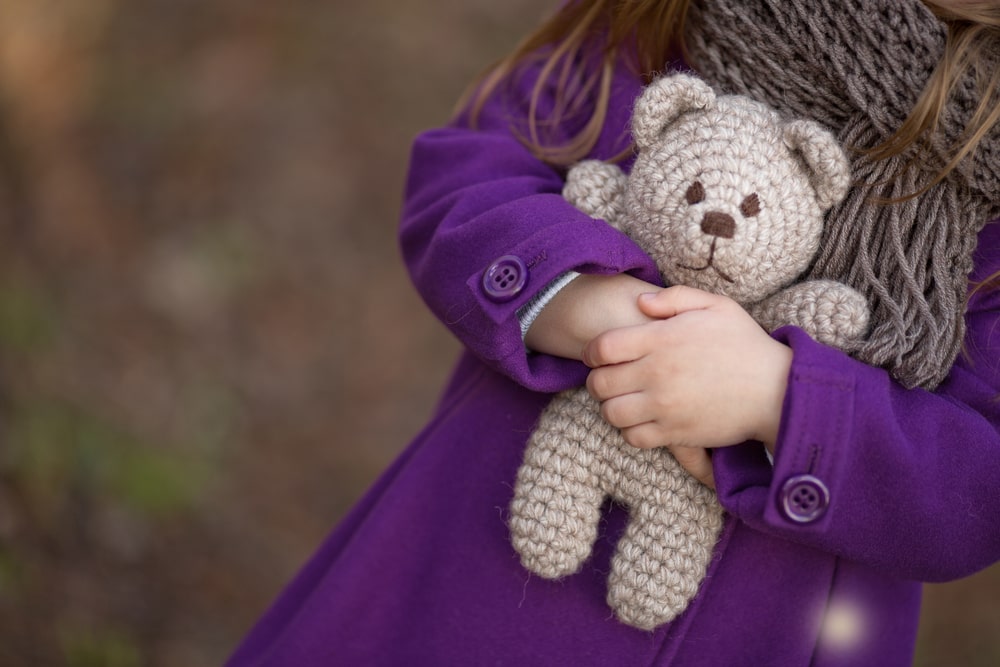
Depending on the relationship and your child’s temperament, it may be appropriate to ask if there’s a special way they want to honor the one who has died. Perhaps they might wear a certain color (the loved one’s favorite), tell a story, draw a picture to share or bury with the person, or bring an item that the loved one gave to them (like a toy, blanket, or article of clothing). Just as it’s important for us as adults to find special ways to honor the lives of those we love, it’s important for children.
Answer their questions
Answer their questions as best you can, honestly and without shaming them. By asking questions, they are processing the death and what it means. The questions will range from simple to more complex. Don’t be afraid to say, “I don’t know” or “Let’s find out.” This helps them know that you also don’t know all the answers, and you can learn and process together.
Don’t force anything on them
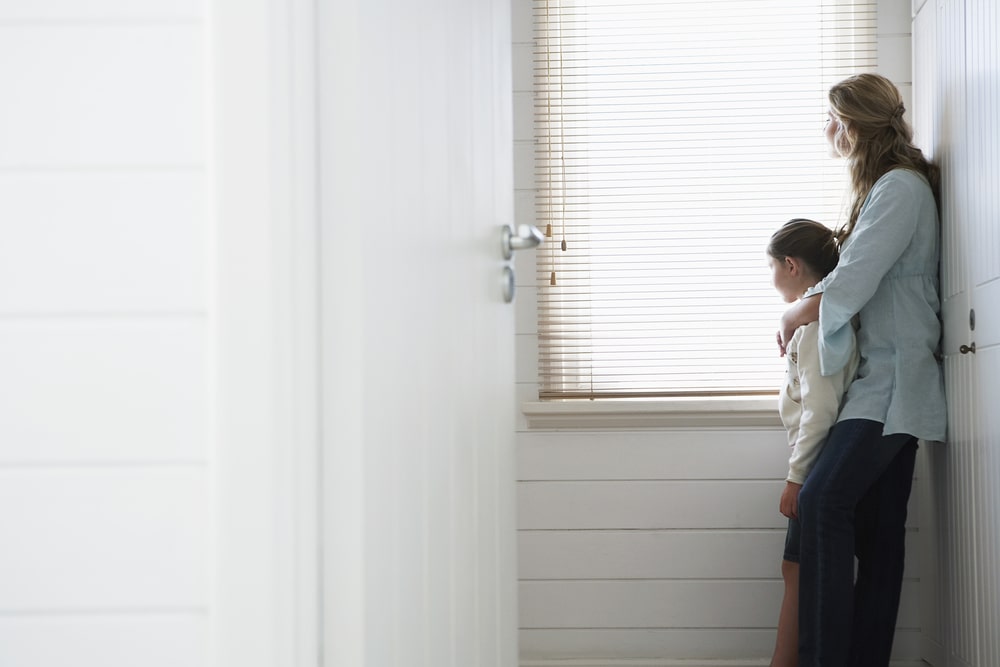
While we all strive to teach our children obedience and how to follow our household rules, it’s best not to force things on a child at a funeral. This applies to many things. Don’t force them to go up to the casket to view the body or to touch the body. Don’t make them feel that they must share stories at the gathering or reception. Instead, ask them. Give them the opportunity to participate and the grace to stand back and observe.
Discuss your own feelings
Funerals bring out a wide variety of feelings: sadness, anger, relief, shock. Even for adults, emotions are difficult, so as children identify them and learn about them, it’s important that they have a role model: you. Tell them how you feel about the person who has died. Assure them that your and their feelings are normal and natural. By watching you in your grief, they learn how to handle their own.
Debrief with them
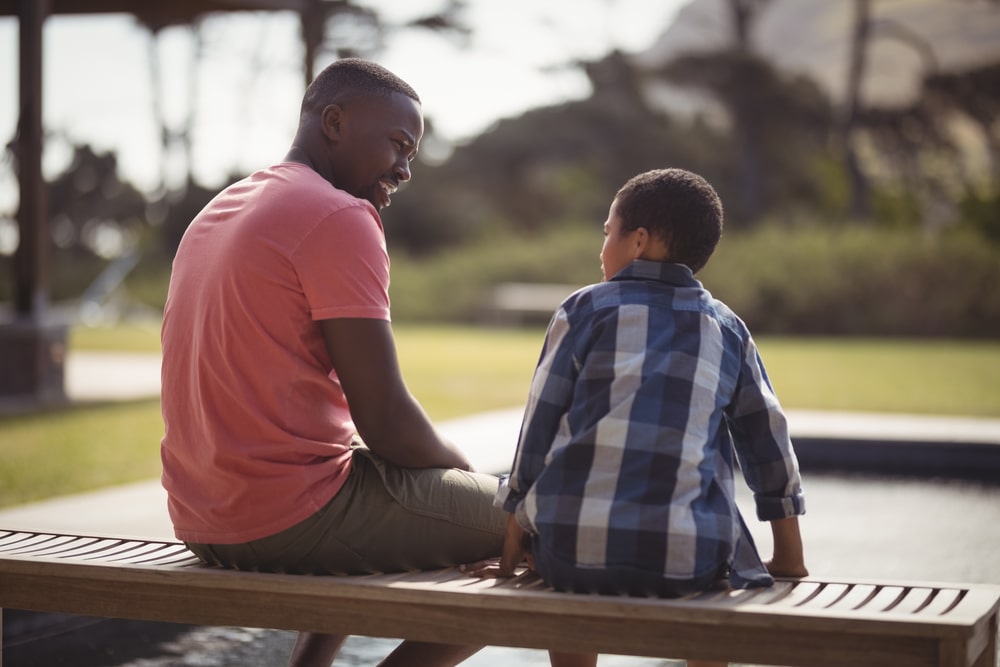
After the funeral, over the next days and weeks, ask your child questions about their experience. Check in to see how they are feeling and if they need to talk through anything they witnessed or didn’t understand. Encourage them to share how they are feeling. Let them know that you care about them and their feelings and are there for them, no matter what.
Ultimately, it’s about preparing them and guiding them through the hard things in life, so they can deal with them on their own in a healthy way.
For more in-depth information on topics to discuss with your children before the funeral, make sure to read 7 Key Topics to Discuss with Children Before a Funeral.

